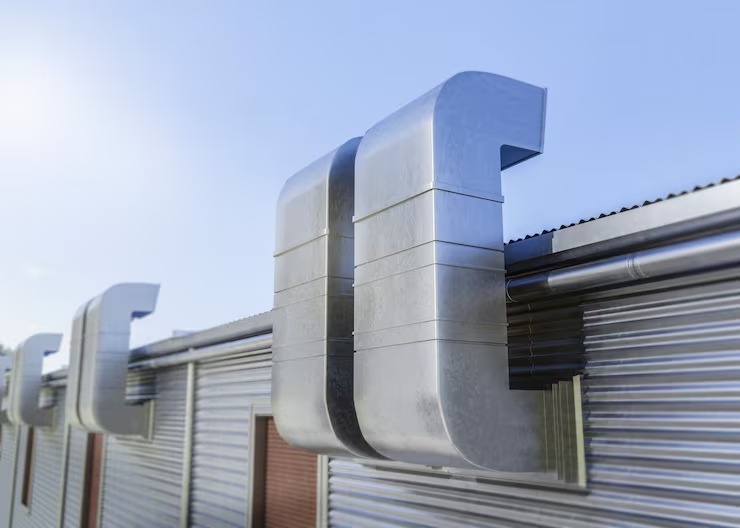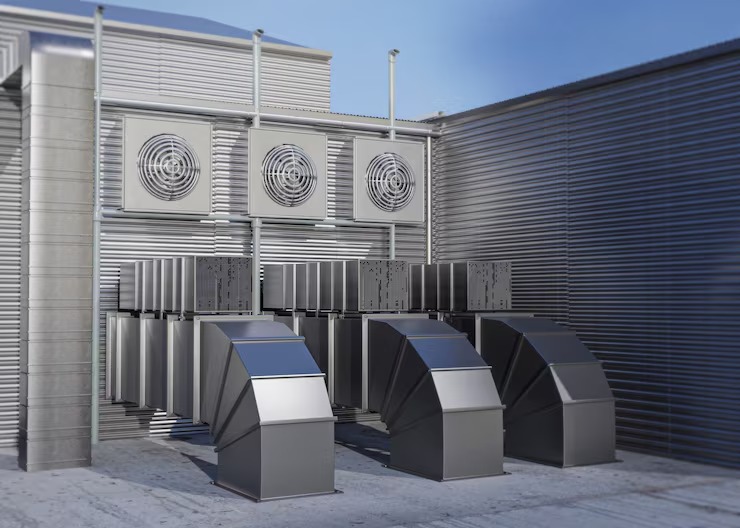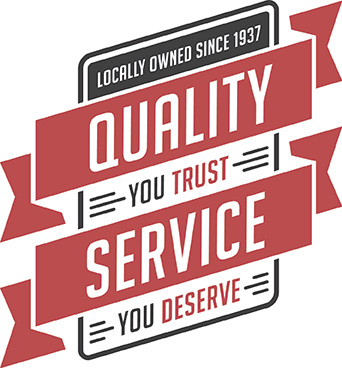Choosing the right HVAC system for South Bend weather is essential for maintaining year-round comfort and energy efficiency. With the city’s unpredictable climate—featuring cold, snowy winters and hot, humid summers—your heating and cooling system must be both durable and versatile. Whether you’re upgrading an old unit or installing a brand-new system, selecting an HVAC setup that suits local weather conditions can make a big difference in performance and energy costs.
It’s also important to consider long-term maintenance and HVAC repair needs, as a reliable system should not only provide consistent comfort but also be easy to service when issues arise. Working with experienced HVAC professionals ensures that your system is properly sized, installed, and prepared to handle South Bend’s unique climate demands.
Understanding South Bend’s Climate and Its HVAC Demands
South Bend experiences a mix of freezing winters and hot, humid summers, making it crucial to choose an HVAC system that performs well year-round. The temperature swings mean your system needs to provide both strong heating and cooling while maintaining energy efficiency. Winter temperatures can drop below freezing, requiring a furnace or heat pump that can handle extended use without failing. In the summer, high humidity can place extra strain on air conditioning systems, especially if they are not properly sized or maintained.
This is where choosing a system that’s suited to local climate becomes important—not just for comfort but also for avoiding unnecessary HVAC repair costs. A well-matched system reduces breakdowns and keeps your home comfortable through seasonal extremes. By understanding the local weather patterns, homeowners in South Bend can make informed decisions when investing in an HVAC system that’s built to last and function efficiently in every season

Energy Efficiency Ratings That Matter in South Bend
When selecting an HVAC system for your South Bend home, energy efficiency should be a top consideration. HVAC systems come with various ratings, such as SEER (Seasonal Energy Efficiency Ratio) for cooling and AFUE (Annual Fuel Utilization Efficiency) for heating. In colder climates like South Bend, a higher AFUE rating ensures your furnace converts more fuel into heat, which can significantly lower your winter utility bills. Likewise, a higher SEER rating helps keep summer energy use under control.
Choosing energy-efficient models not only saves money over time but also reduces the frequency of HVAC repair due to system strain. Systems that run more efficiently tend to experience less wear and tear, extending their lifespan and minimizing service interruptions. South Bend residents should work with trusted HVAC professionals to assess their home’s needs and match them with a system that maximizes both performance and efficiency in this variable climate.
The Importance of Proper System Sizing for South Bend Homes
Installing an HVAC system that is either too large or too small for your home can lead to comfort issues and frequent HVAC repair needs. In South Bend, where the weather can swing from icy to humid, proper sizing is key. An oversized unit may cycle on and off too frequently, reducing its lifespan and leading to inconsistent temperatures. A unit that’s too small will struggle to maintain desired temperatures, especially during extreme weather conditions.
This can cause constant strain, higher energy bills, and early component failure. To avoid these issues, a load calculation should be performed by a qualified HVAC technician, taking into account the size of the home, insulation levels, number of windows, and more. With the right-sized HVAC system, homeowners in South Bend can enjoy balanced indoor temperatures, lower maintenance costs, and fewer emergency HVAC repair calls throughout the year.
Choosing Between Heat Pumps and Furnaces in Cold Winters
South Bend’s cold winters make heating efficiency a top priority. When choosing the right HVAC system, homeowners must decide between a furnace and a heat pump. Furnaces, particularly gas models, offer powerful and reliable heat even during the coldest months. They’re often the preferred option for areas with harsh winters. Heat pumps, on the other hand, are efficient for both heating and cooling and can be a good option in milder conditions, but may need backup heat sources during extreme cold.
Both systems require regular maintenance to avoid breakdowns and costly HVAC repair. The choice ultimately depends on your home’s energy needs, budget, and whether you prioritize lower operating costs or maximum heating power. A trusted HVAC contractor in South Bend can guide this decision, helping you select a system that performs reliably through snowstorms and heatwaves while minimizing the chances of performance issues or repair emergencies.
The Role of Air Quality Features in Your HVAC System
While heating and cooling are central to HVAC systems, indoor air quality is also crucial—especially in South Bend, where homes are sealed tightly during long winters. Modern HVAC systems offer air quality enhancements such as humidity control, advanced filtration, and ventilation systems to remove indoor pollutants. These features are not just luxuries—they help maintain healthy air and reduce allergens, which is essential during times when windows are rarely opened.
An HVAC system that improves air quality also protects itself from dirt and dust buildup, reducing wear and tear on components and decreasing the need for HVAC repair. South Bend homeowners should consider systems that include HEPA filters, UV lights, and dehumidifiers to enhance overall indoor comfort and health. Investing in air quality features helps ensure that your HVAC system not only heats and cools efficiently but also contributes to a cleaner, safer living environment year-round.
Regular Maintenance to Prevent Costly HVAC Repair
In a climate like South Bend’s, where HVAC systems are used heavily year-round, routine maintenance is essential to keep everything running smoothly. Preventive care like cleaning filters, checking refrigerant levels, inspecting ductwork, and testing components can extend the life of your system and prevent breakdowns. Many homeowners overlook maintenance until a major issue arises, leading to inconvenient and expensive HVAC repair.
A seasonal tune-up—once in spring for cooling and again in fall for heating—helps catch small problems before they turn into major failures. Regular inspections by trained technicians also ensure your system remains energy-efficient, which can significantly lower monthly bills. South Bend residents can avoid emergency calls and extend their HVAC system’s life by committing to a consistent maintenance schedule. With proper care, your system will perform reliably through freezing winters and humid summers, giving you peace of mind and protection from unexpected repair expenses.

Smart Thermostats and Technology Integration
Modern HVAC systems often come with smart thermostats that allow precise control over your indoor climate. For South Bend homeowners, this technology can be especially helpful in managing energy use during weather extremes. Smart thermostats learn your patterns, adjust temperatures automatically, and can be controlled remotely, helping you stay comfortable without wasting energy. These systems also monitor performance and notify you of potential issues, sometimes even before a failure occurs, which can reduce the chances of needing urgent HVAC repair.
For example, a thermostat might alert you if your system is short cycling or struggling to reach set temperatures. Integrating smart technology can also help you track energy usage trends, set heating and cooling schedules, and reduce your overall utility bills. As weather in South Bend shifts between seasons, having a system that adapts with you makes a noticeable difference in comfort, convenience, and HVAC system longevity.
Choosing a Trusted Local Contractor for Installation and Support
Selecting a dependable HVAC contractor is just as important as choosing the right equipment. In South Bend, where weather conditions can stress heating and cooling systems, working with a knowledgeable local provider ensures that your system is installed correctly and built to handle local climate demands. A reputable contractor can help you understand your options, assess your home’s specific needs, and recommend systems that reduce the risk of frequent HVAC repair.
They’ll also be familiar with local codes and rebate programs, potentially saving you money on both installation and long-term energy use. More importantly, they offer reliable follow-up service, including maintenance plans and emergency support. Building a relationship with a trusted local HVAC professional ensures peace of mind, knowing that your system will be properly maintained and any issues will be resolved promptly. This support is invaluable, especially during South Bend’s temperature extremes when HVAC system reliability is most crucial.
Conclusion
Choosing the right HVAC system for South Bend’s ever-changing weather is essential to maintaining year-round comfort and energy efficiency. From freezing winters to humid summers, your heating and cooling system should be tailored to handle it all. At Goff Heating & Air Conditioning, we understand the local climate and offer expert guidance to help you select, install, and maintain the ideal HVAC system for your home or business.
Don’t leave your comfort to chance—work with trusted professionals who care about your indoor air quality and energy savings.Contact us today at 574-319-1565 or visit our South Bend, Indiana location to schedule a consultation with our experienced HVAC team. Let us help you stay comfortable through every season.


